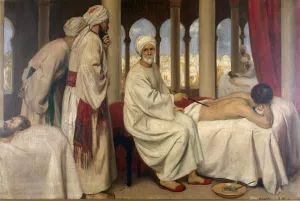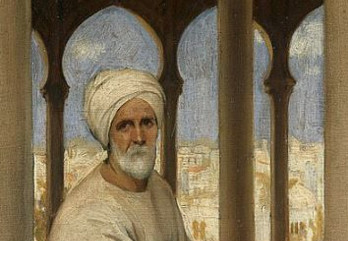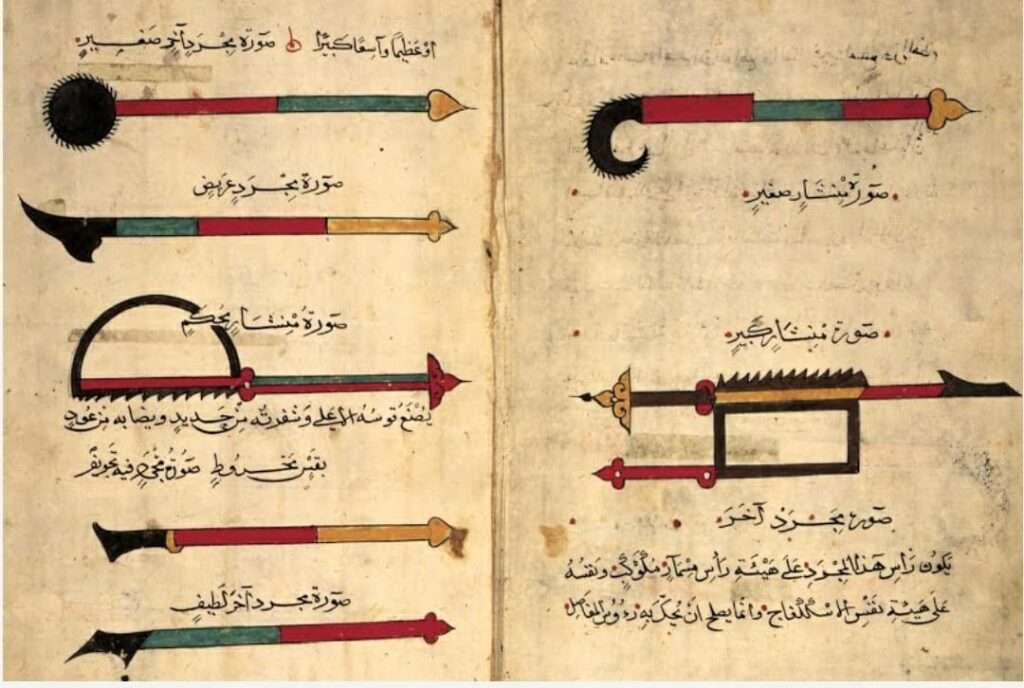
When we think about where modern medicine comes from, we might think of names like Hippocrates or Galen. But did you know that much of today’s healthcare has deep roots in the Islamic Golden Age? Between the 8th and 14th centuries, Muslim scholars took the knowledge from ancient civilizations and made it better, laying the foundations for what we now call modern medicine.
The Rise of Islamic Medicine

While Europe was going through a period of decline during the Middle Ages, the Muslim world became a hub of learning and discovery. Muslim scholars didn’t just preserve the works of Greek, Roman, and Indian physicians—they improved on them. They created new treatments, built hospitals, and even introduced ideas about medical ethics.
The First Hospitals (Bimaristans)

Muslim civilizations were pioneers when it came to hospitals. They built hospitals called “Bimaristans” that provided care to everyone, no matter their wealth or status. These hospitals were not just shelters for the sick, they were organized facilities where doctors and nurses worked, much like today’s hospitals. They had separate areas for different diseases, pharmacies, and even libraries. It was healthcare that combined medical science with compassion.
Surgical Innovations
Al-Zahrawi (936AD-1013)

Al-Zahrawi, known in the West as “Albucasis”, was a leading figure in early surgery. He invented many surgical tools that are still used today, like forceps, scalpels, and surgical needles. His 30-volume medical encyclopedia, “Kitab al-Tasrif”, included illustrations of these tools and described how to perform various surgeries, from removing tumors to delivering babies by C-section.

From “Kitab al-Tasrif”
Mental Health and Holistic Care

Muslim scholars were also ahead of their time when it came to mental health. They built some of the world’s first hospitals dedicated to treating mental illness. Instead of seeing mental illness as something to be feared, they treated patients with care and compassion. Their approach focused on both physical and mental well-being, an idea that is central to today’s mental health practices.
Why It Matters Today?
The story of medicine is a global one, with many cultures making important contributions. Sadly, the vital role Muslim scholars played in advancing medicine is often overlooked. Although their work in medicine still influences how we treat patients, run hospitals, and think about health.
While we celebrate European scientists like Louis Pasteur and Alexander Fleming, we should also recognize that Muslim civilizations made crucial advances that shaped the healthcare we have today.
Curious how Golden Age inventors changed the game? Read Blog
